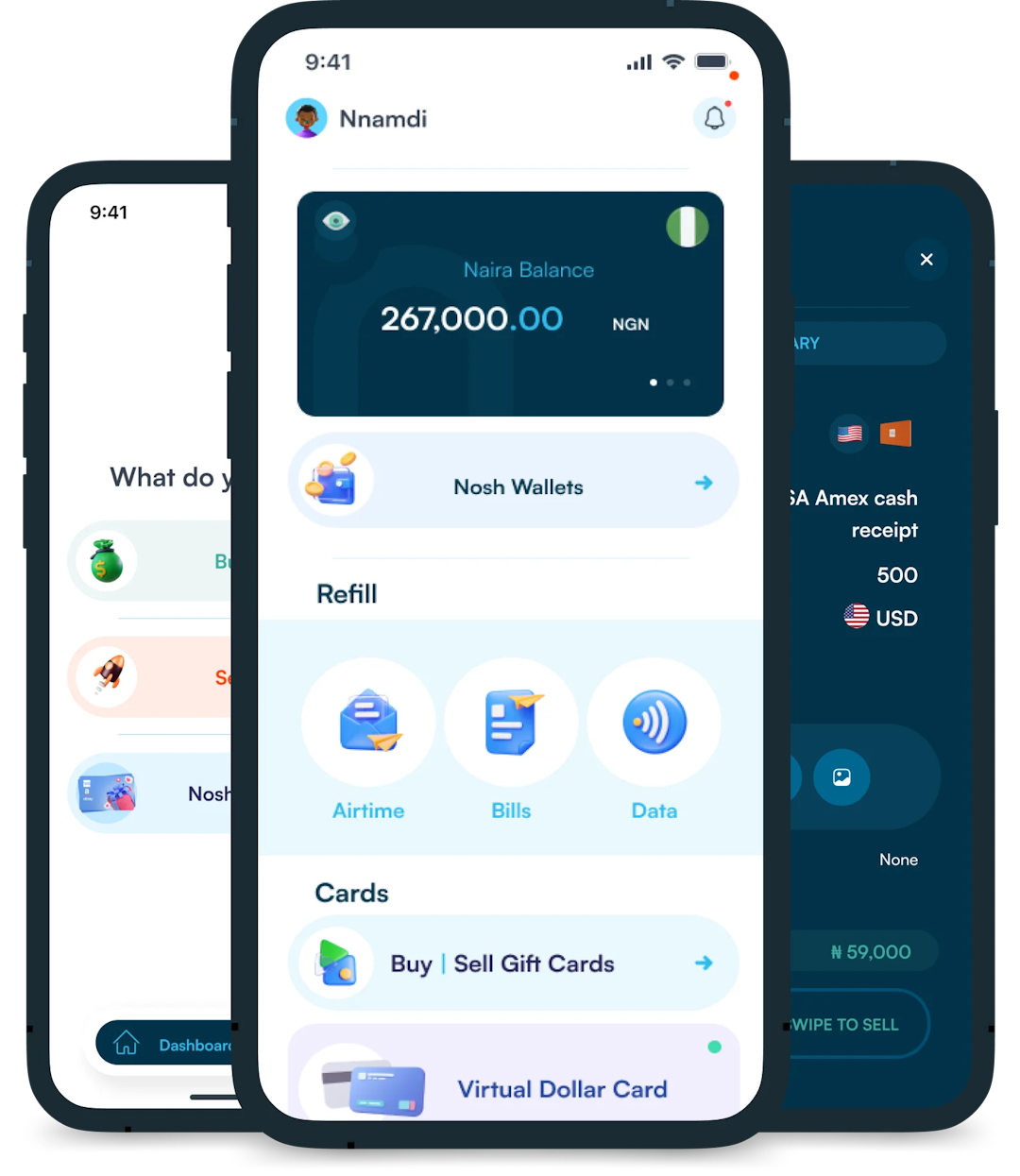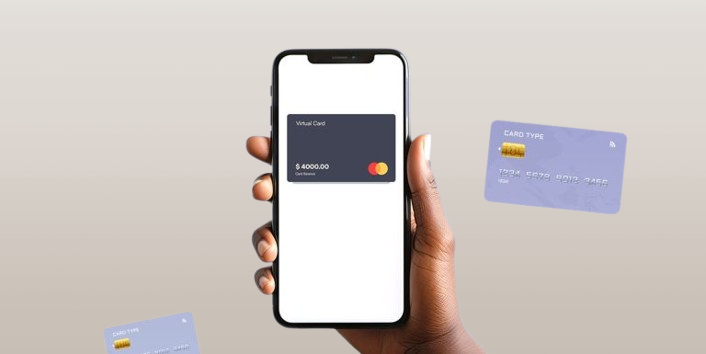
Virtual dollar cards have become increasingly popular in Nigeria, offering a convenient and secure way to make online payments in USD. These digital cards provide a solution to the limitations...
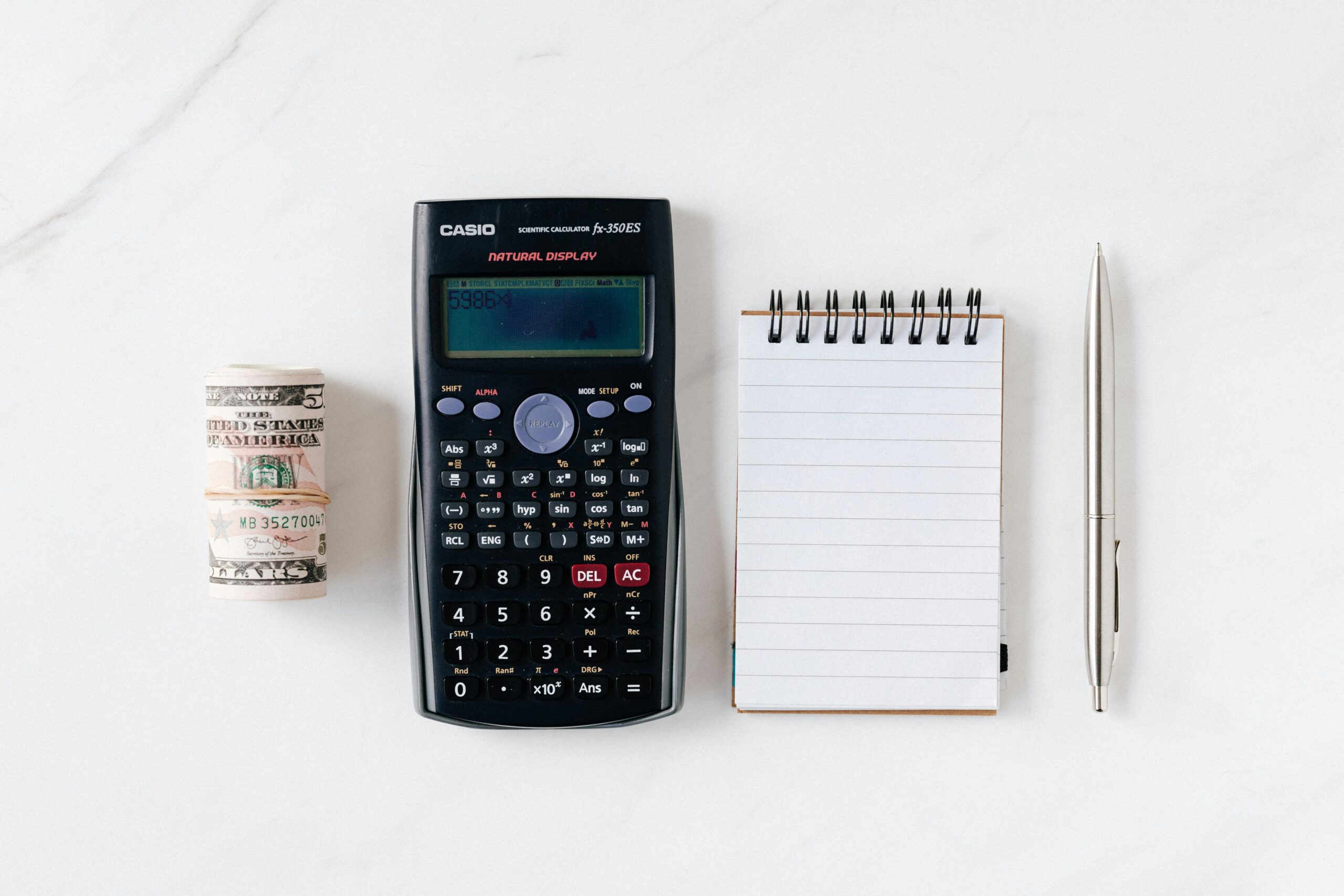
Ever wonder where all your money disappears by the middle of the month? You’re not alone. Many people find themselves asking, “Where did it all go?” only to realize they’ve been spending without a plan. This is where budgeting comes in.
A personal budget is a tool that helps you take control of your finances, ensuring every dime you earn has a purpose. When you create a personal budget and stick to it, you can stop the cycle of living paycheck to paycheck and start working toward your financial goals.
This guide will walk you through six easy steps to create a personal budget and show you why budgeting is so important.

Creating a budget is quite straightforward once you know and understand the steps to follow. Below are the steps involved:
Now, let’s take each step one after the other.
Your net income is the total amount of money you earn after taxes and deductions. It’s the starting point for any budget because you can’t plan your expenses without knowing how much you have to work with.
How to calculate it:
For example, if your monthly net income is N250,000, this is the amount you’ll plan your budget around.
You can’t control your spending if you don’t know where your money is going. Tracking your expenses helps you identify spending habits and areas where you might be overspending.
Steps to track your expenses:
If, for instance, your expenses total N280,000 but your net income is N250,000, you’re spending more than you earn, something you’ll need to address in the next steps.
Creating a personal budget isn’t just about cutting back, it’s about working toward something meaningful. Setting financial goals gives you a reason to stick to your budget.
Your goal could be short-term term like saving N100,000 for new clothes in three months. It could also be long-term term like building an emergency fund with three months’ worth of expenses or paying off a loan in a year.
When setting your goals, be specific and realistic. For example, if you want to save N100,000 in three months, your goal would be to set aside N33,300 per month.
There’s no one-size-fits-all approach to budgeting. When you’re trying to create a budget, the key is to pick a strategy that works for your lifestyle and financial goals. Some popular budgeting strategies include:
Once you’ve decided on the best budgeting strategy for you, the next thing is to draw up your budget plan. Based on your goals and budgeting strategy, allocate an amount to your monthly expenses.
Once you’ve outlined your budget, it’s time to make adjustments to stick to it.
How to adjust:
Take it easy on yourself and know that adjustments don’t have to be drastic. Small changes can free up money to help you achieve your financial goals.
When you create your personal budget, it doesn’t end there. A budget isn’t permanent, it is subject to changes. Your monthly budget should evolve with your financial situation. Reviewing it regularly ensures it still works for you.
When to review your budget:
For example, if you overspent on entertainment the last month, adjust your budget to either allocate more for that category or find ways to cut back.
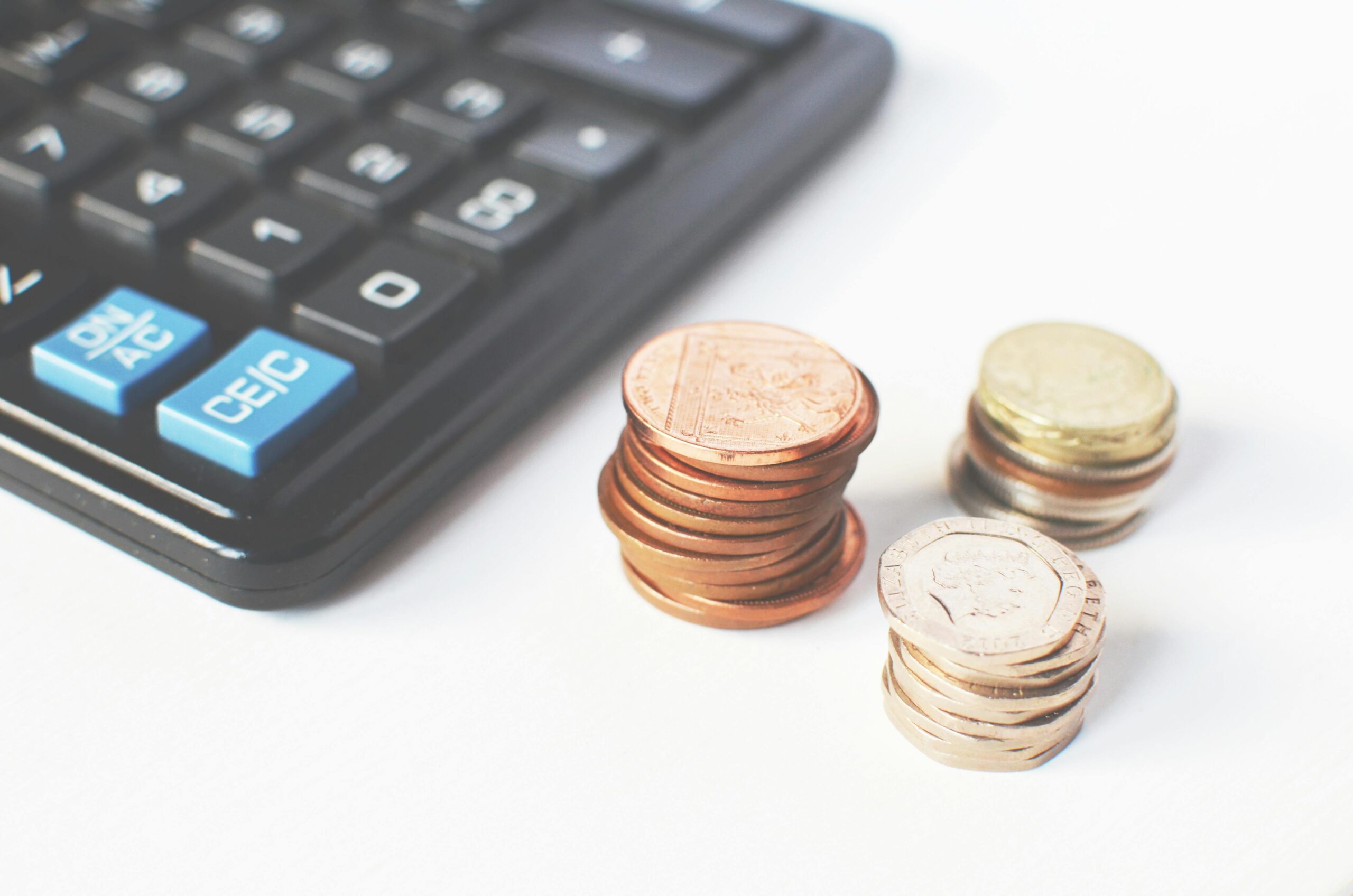
It is important that you create a personal budget for various reasons. A budget is not just numbers on paper or a spreadsheet or screen, it’s a tool for financial freedom. Here’s why it matters:
1. How do I create a budget for myself?
Follow the steps outlined in this guide to create a personal budget: calculate your income, track expenses, set goals, choose a strategy, adjust your spending habits, and review your budget regularly.
2. What is the 50/30/20 rule?
It’s a budgeting method that allocates 50% of your income to needs, 30% to wants, and 20% to savings or debt repayment.
3. How do you write a personal budget plan?
Start by listing your income and expenses, then divide your money based on your financial goals and preferred budgeting strategy.
4. How can I budget money on low income?
Focus on covering essentials first, cut unnecessary expenses, and look for ways to make more money, like freelancing, crypto trading, or trading gift cards.
5. How do I budget as a couple or family?
Communicate about financial goals, pool your income, and create a joint budget that accounts for shared expenses and individual needs.
Creating a personal budget may seem overwhelming at first, but it’s one of the best steps you can take toward financial stability. By tracking your income and expenses, setting realistic goals, and choosing a budgeting strategy that fits your lifestyle, you’ll gain control over your money and work toward your dreams.

Virtual dollar cards have become increasingly popular in Nigeria, offering a convenient and secure way to make online payments in USD. These digital cards provide a solution to the limitations...
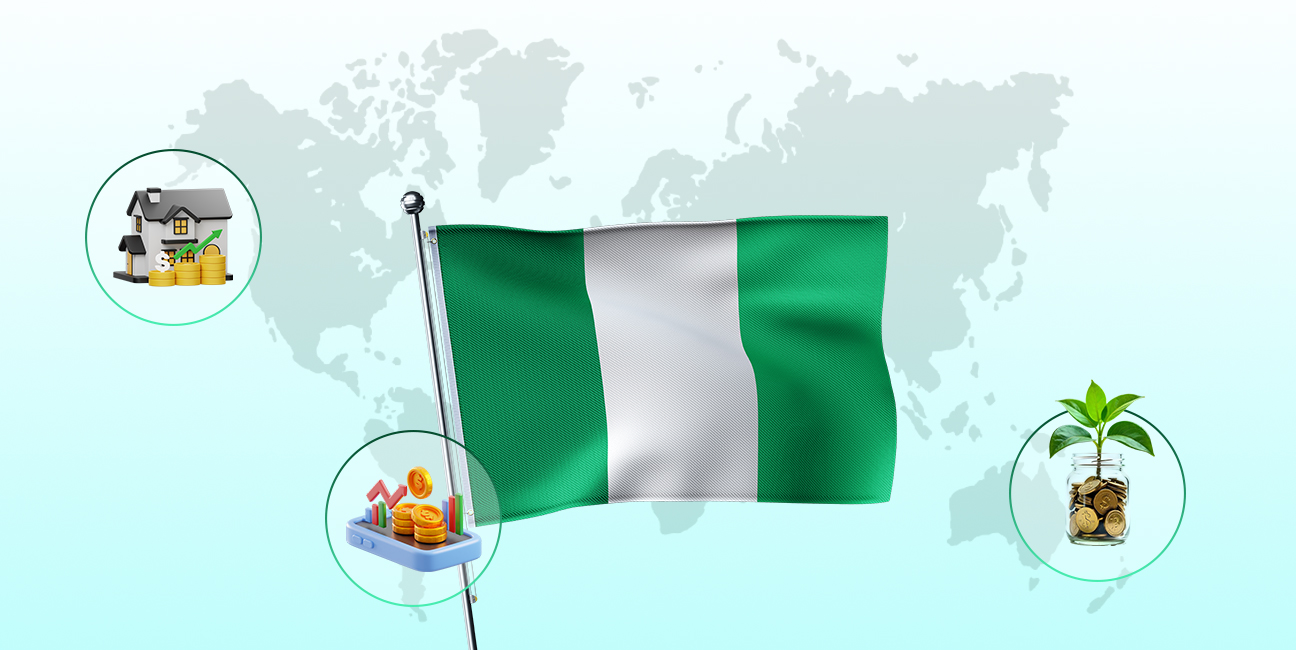
Have you ever looked at your bank account and wondered, “Is there a smarter way to grow my money than just saving it?” If yes, you're not alone. I’ve been...

As an Education graduate in Nigeria, the most accessible job offer for me is teaching in privately owned schools. The implication of this is working hard to earn a penny...
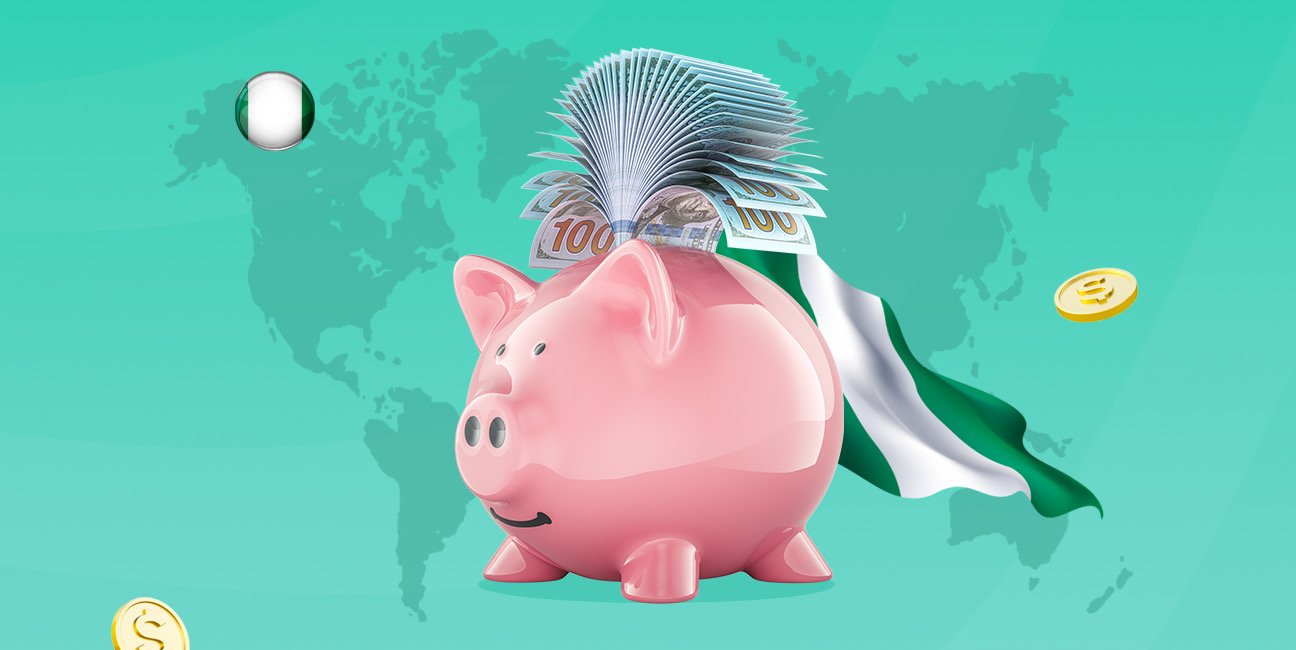
The Naira is weakening, which means your savings and investments are under threat. How do we know this? Well, the Nigeria Bureau of Statistics puts the current inflation rate at...
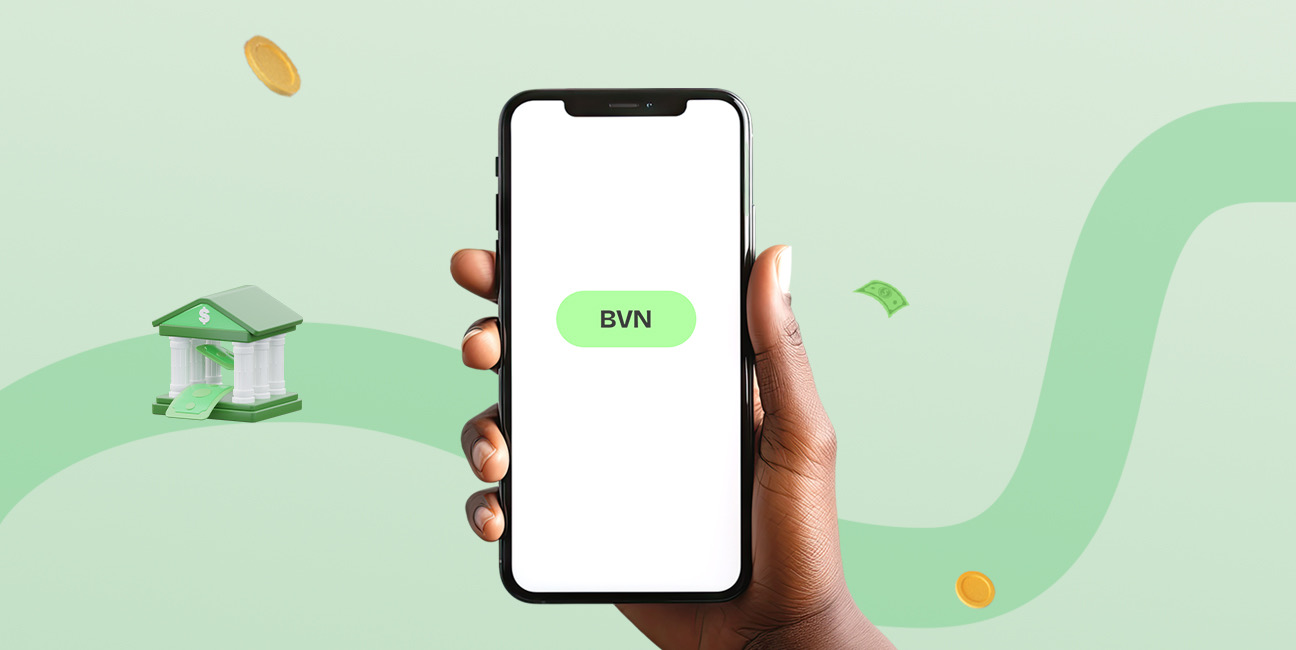
The Bank Verification Number (BVN) is a unique 11-digit number issued by the Central Bank of Nigeria (CBN) to every individual with a Nigerian bank account. It helps protect customers...
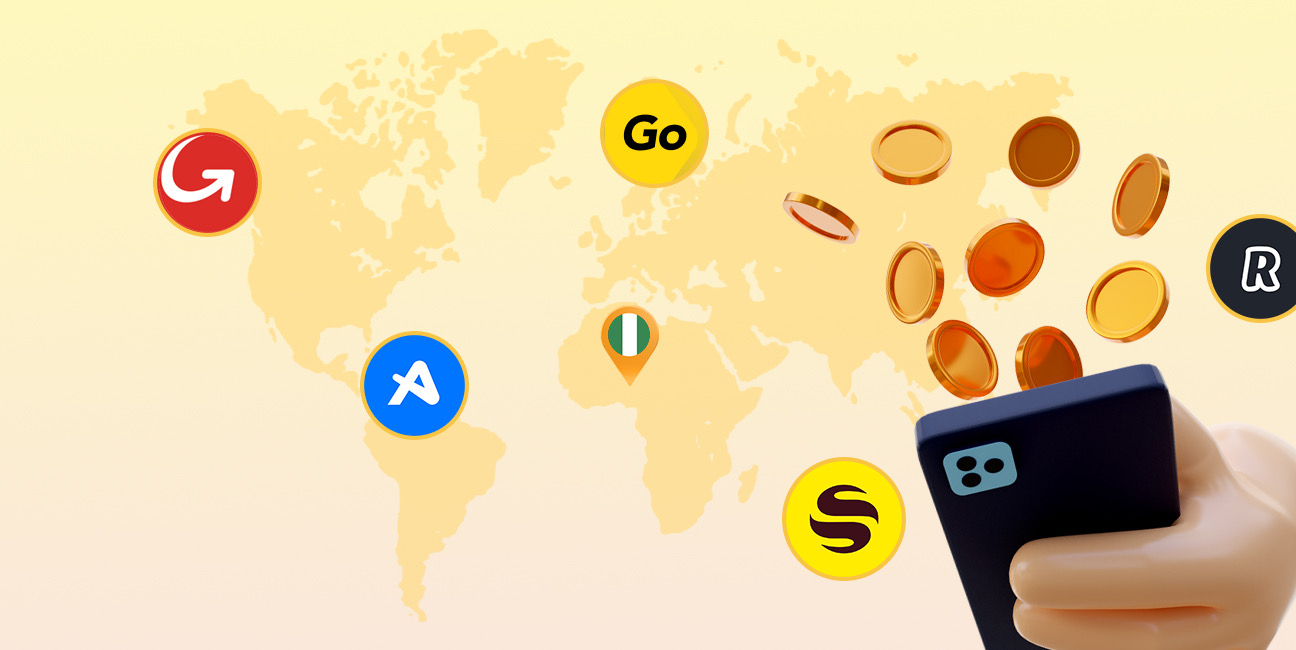
Have you ever found yourself Googling things like 'cheapest way to send money to Nigeria' because you’ve had a terrible experience with high fees, slow transfers, or confusing apps? I’ve...
Get the APP today to start enjoying amazing deals with #TopNOSHExperience.
